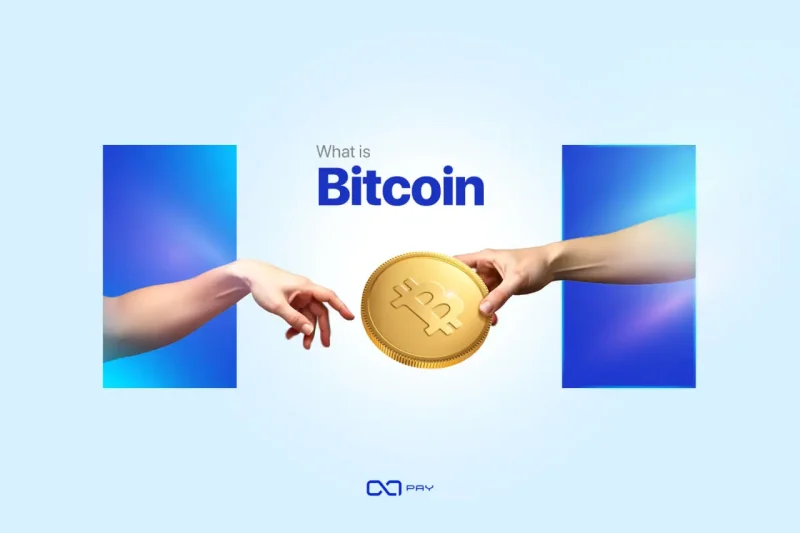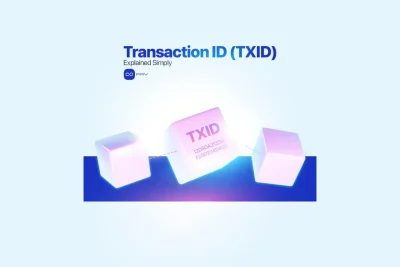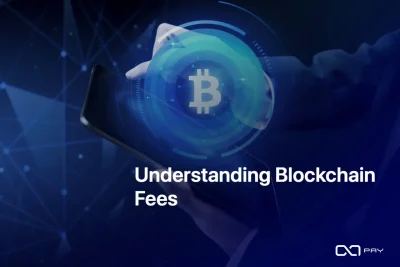Bitcoin (BTC) is known as the first cryptocurrency, changing how we think about money and finance. Created in 2009 by an anonymous figure called Satoshi Nakamoto, it introduced a new way to make payments using blockchain technology. This article explains what Bitcoin is, how it works, its main features, benefits, challenges, and what the future might hold for it.
What is Bitcoin?
Bitcoin is a decentralized cryptocurrency that works on a peer-to-peer network, eliminating the need for banks or governments. It uses cryptographic methods to secure transactions and control the creation of new coins. Unlike traditional currencies, Bitcoin has a fixed supply of 21 million coins, making it rare and often referred to as “digital gold.” Its open-source design allows anyone to participate and contribute, making it a unique and innovative financial asset.
The Genesis of Bitcoin: Satoshi Nakamoto’s Vision
The origins of this cryptocurrency are shrouded in mystery. In 2008, an anonymous figure or group, Satoshi Nakamoto, published a whitepaper titled “Bitcoin: A Peer-to-Peer Electronic Cash System,” introducing a decentralized currency independent of traditional banking. On January 3, 2009, the first block, known as the “genesis block,” was mined, carrying a message highlighting the financial crisis: “The Times 03/Jan/2009 Chancellor on brink of second bailout for banks.” Satoshi’s vision was to give individuals financial freedom, free from centralized control.
How Does Bitcoin Work?
At its core, Bitcoin operates using blockchain technology, a distributed public ledger that securely and transparently records all transactions. Here’s how it works:
Blockchain Technology: Transactions are grouped into blocks and linked in chronological order to form an immutable chain. Each block includes transaction data, a timestamp, and a cryptographic hash of the previous block.
Proof-of-Work (PoW): Bitcoin uses a consensus mechanism called proof-of-work, where miners solve complex mathematical problems to validate transactions and add blocks to the blockchain. In return, they receive newly minted BTC and transaction fees.
Wallets and Keys: Users store Bitcoin in digital wallets secured by private keys. Transactions are made by transferring BTC between wallet addresses, which are public-facing but do not disclose personal information.
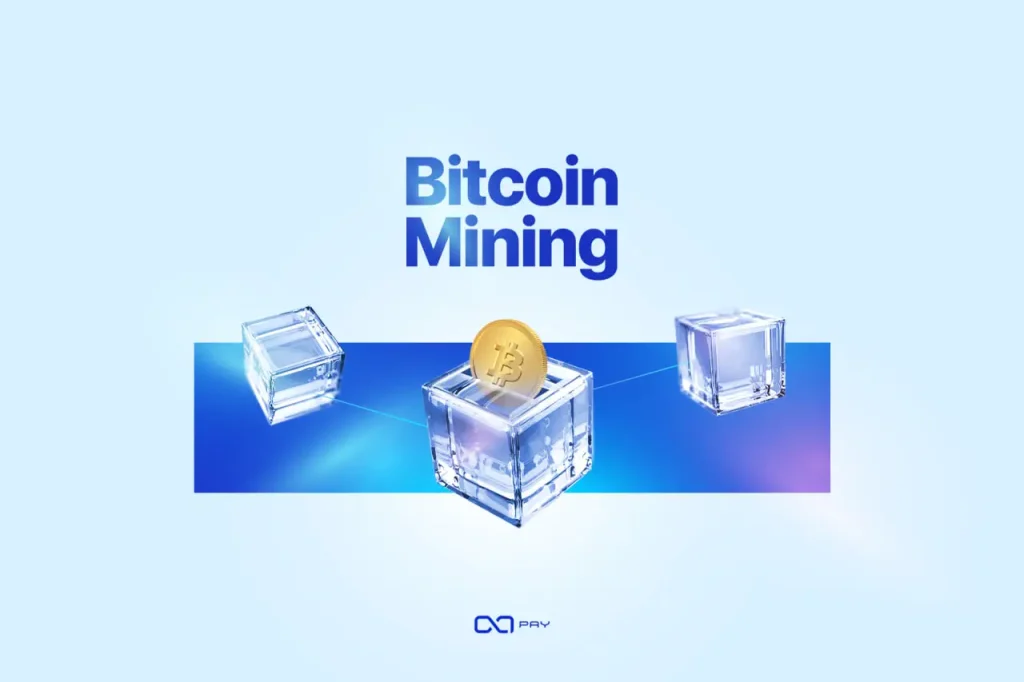
Bitcoin Mining
Bitcoin mining is the backbone of its decentralized network, ensuring transactions are validated, the blockchain is secured, and new coins are introduced into circulation. Miners use specialized hardware, like Application-Specific Integrated Circuits (ASICs), to solve complex mathematical problems. This process verifies transactions and adds them permanently to the blockchain.
Mining requires significant computational power and is energy-intensive, leading to concerns about its environmental impact. To address this, many miners are adopting renewable energy sources to make operations more sustainable. Additionally, Bitcoin’s halving events, which occur about every four years, reduce the rewards miners receive. This increases scarcity and often enhances the coin’s value.
Bitcoin Fees
Bitcoin transactions involve fees paid to miners for processing and validation. These fees vary based on network activity and transaction size. During periods of high demand, like market surges, fees can rise as users compete for faster transaction processing.
Most wallet providers offer dynamic fee options, allowing users to choose between speed and cost. Low-priority transactions can pay lower fees, while urgent ones may require higher fees for quicker confirmation. This fee system is essential for maintaining network integrity and incentivizing miners to keep the system running smoothly.
Technical Developments
Bitcoin’s success depends on continuous innovation to address challenges like scalability and privacy. Several key developments include:
- Lightning Network: A Layer-2 solution designed to enable faster and cheaper transactions. By processing payments off-chain and settling them on the main blockchain later, the Lightning Network significantly reduces congestion and fees.
- Taproot Upgrade: This recent enhancement improves Bitcoin’s privacy and efficiency. It simplifies complex transactions, such as those involving multiple signatures, and reduces their on-chain footprint.
- Ordinal Theory: A novel concept that allows unique identification of satoshis, enabling Bitcoin-based non-fungible tokens (NFTs) and creative applications.
- Ongoing Research: Developers are continually exploring improvements to enhance Bitcoin’s scalability, energy efficiency, and security, ensuring its relevance in the rapidly evolving crypto space.
Key Features of Bitcoin
Bitcoin is unique in the financial world because of its innovative and impactful features:
- Decentralization: Bitcoin operates without a central authority, like a government or bank. Transactions are verified by a global network of nodes, ensuring no single entity can control or manipulate the system.
- Scarcity: Unlike traditional currencies that can be printed in unlimited amounts, Bitcoin has a capped supply of 21 million coins, making it scarce and valuable, often seen as a hedge against inflation.
- Security: Transactions are secured using advanced cryptography. The blockchain’s immutability ensures that once a transaction is recorded, it cannot be changed or reversed, protecting against fraud.
- Transparency: Every transaction is recorded on the public blockchain, allowing anyone to verify and track them, fostering trust and accountability in the system.
- Pseudonymity: While transaction details are transparent, user identities remain hidden. Bitcoin addresses do not link directly to personal information, offering privacy compared to traditional financial systems.
- Global Accessibility: Anyone with an internet connection can access Bitcoin, regardless of their location or financial situation. This makes it inclusive and promotes financial independence.
- Open-Source Nature: Bitcoin’s code is open for anyone to use and build upon, enabling developers to create new applications, such as smart contracts and other advanced protocols.
These features together make Bitcoin a transformative force, reshaping how we think about and use money in the modern world
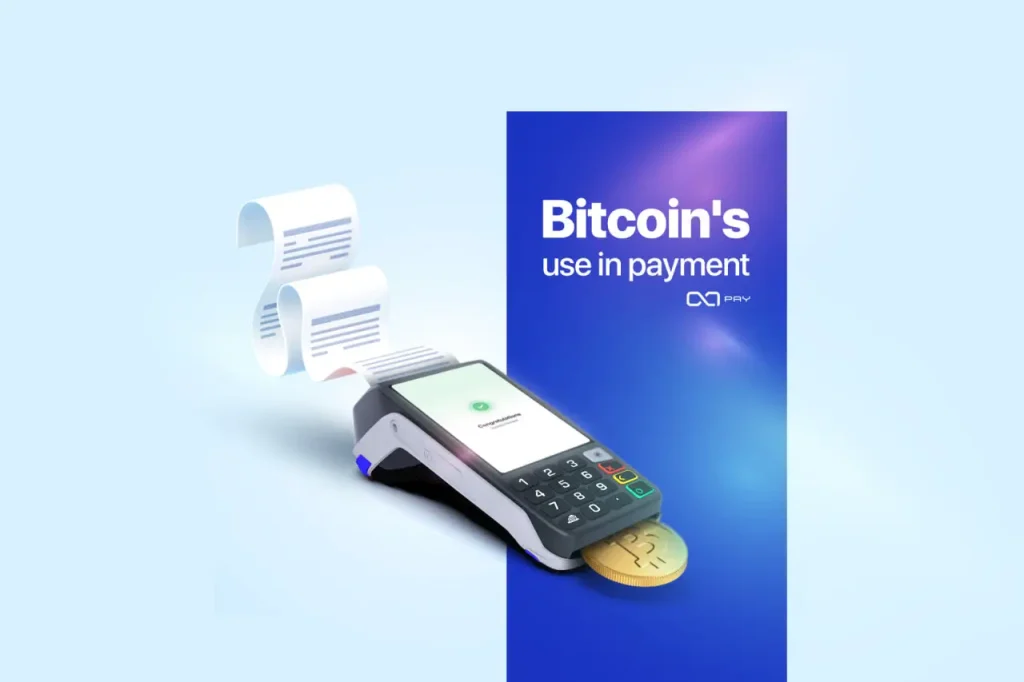
Bitcoin’s Use in Payments
Bitcoin has changed how payments work, offering fast, secure, and worldwide transactions. Bitcoin for business helps companies accept payments easily, cutting out middlemen and lowering costs. It also removes the risk of chargebacks, a common issue with traditional payment methods. Accepting Bitcoin payments allows businesses to reach customers globally and operate more efficiently.
Bitcoin also makes small payments, or micropayments, possible, opening new doors for creators and service providers. By giving users full control over their money, it supports financial independence and flexibility for everyone involved.
Bitcoin’s Economic Impact
Bitcoin’s influence extends far beyond its role as a digital currency. It has brought significant changes to various aspects of the global economy, including:
- Disruption of Traditional Finance: Bitcoin challenges the traditional banking system by offering a decentralized alternative. It reduces reliance on banks and financial intermediaries, giving people direct control over their assets.
- Empowering Individuals in Unstable Economies: In countries with unstable currencies or high inflation, Bitcoin provides a reliable way to preserve wealth. By bypassing failing local financial systems, it offers individuals economic security and an alternative store of value.
- Attracting Institutional Investments: Major financial institutions, such as BlackRock and Fidelity, have started including Bitcoin in their portfolios. This shift signals growing trust in BTC as a valuable asset and reflects its move toward mainstream acceptance.
- Influencing Global Geopolitics: Some countries are considering Bitcoin as a reserve asset, providing a hedge against the dominance of fiat currencies like the U.S. dollar. This could reshape global economic power dynamics and reduce dependence on traditional reserve currencies.
Legal and Regulatory Perspectives
In January 2024, the U.S. Securities and Exchange Commission (SEC) approved spot Bitcoin ETFs, marking a milestone for its legitimacy. This approval allows institutions to directly access BTC through traditional markets, encouraging wider adoption. The re-election of Donald Trump has also led to a more crypto-friendly U.S. policy, with reduced regulatory uncertainty and a focus on innovation. These changes position Bitcoin as an essential asset in the global economy.
Common Misconceptions About Bitcoin
Bitcoin has often been misunderstood, leading to several misconceptions:
- Bitcoin Is Anonymous: While Bitcoin transactions provide pseudonymity, all activities are recorded on the blockchain, making them traceable with proper analysis.
- Used Only for Illegal Activities: Though some illicit uses exist, studies reveal that the vast majority of Bitcoin transactions are legitimate and for personal or business purposes.
- Environmentally Harmful: While mining consumes significant energy, many operations now use renewable energy sources, and innovations continue to reduce its carbon footprint.
- Too Volatile to Be Useful: Despite volatility, Bitcoin’s adoption as a store of value and payment method demonstrates its growing utility and resilience in financial systems.
These misconceptions often arise from misinformation, but a deeper understanding reveals Bitcoin’s transformative potential and legitimate applications across industries.
Future of Bitcoin
The future of Bitcoin is filled with potential. As more businesses, governments, and individuals adopt it, advancements like the Lightning Network will enhance scalability. However, competition from other cryptocurrencies and evolving regulations will shape its trajectory, influencing its role in the global economy.
Conclusion
Bitcoin has changed how we use and think about money, providing a secure and decentralized alternative to traditional systems. As more people and businesses adopt it, its role in the global economy continues to grow.
Start accepting Crypto payments easily with OxaPay Bitcoin gateway and take a step into the future of finance today!
